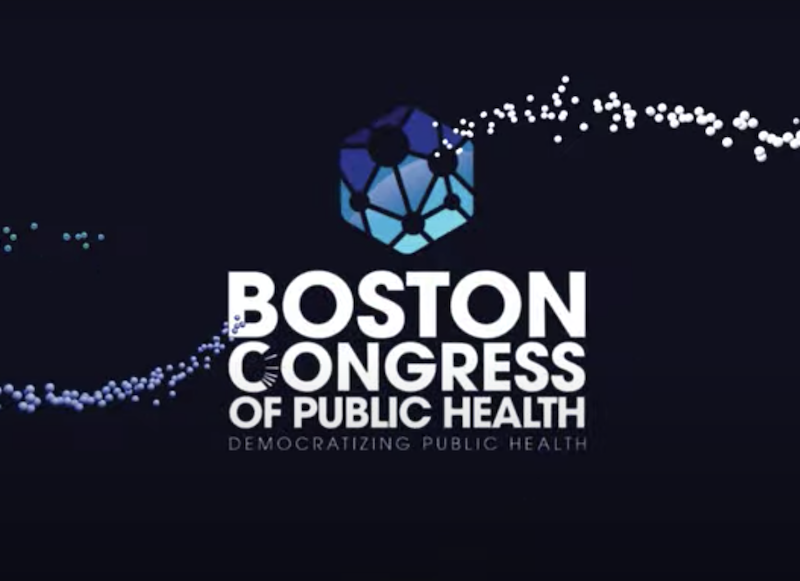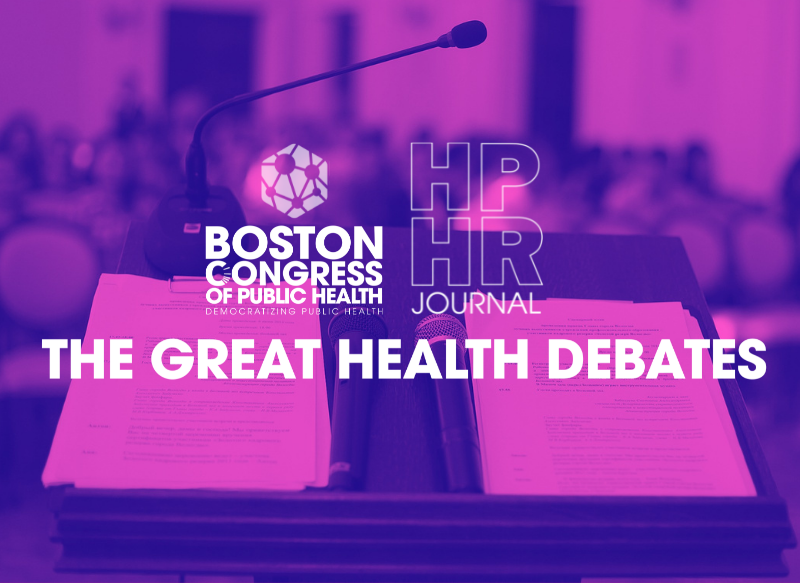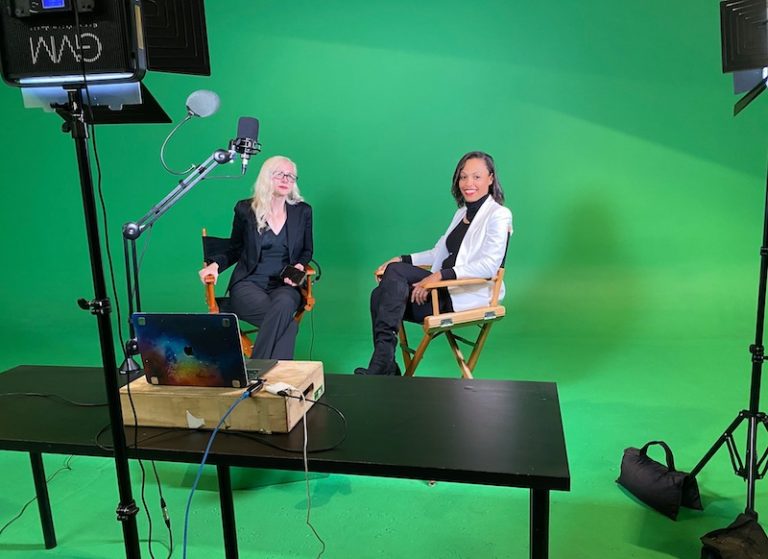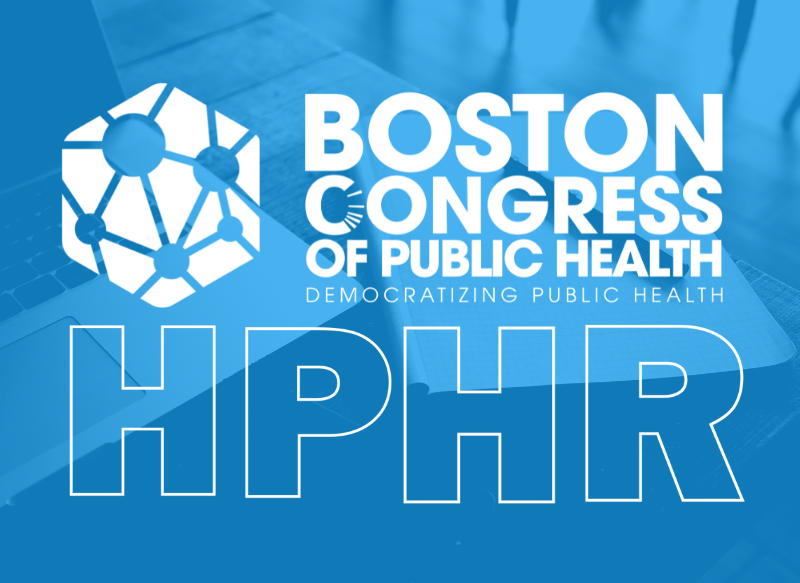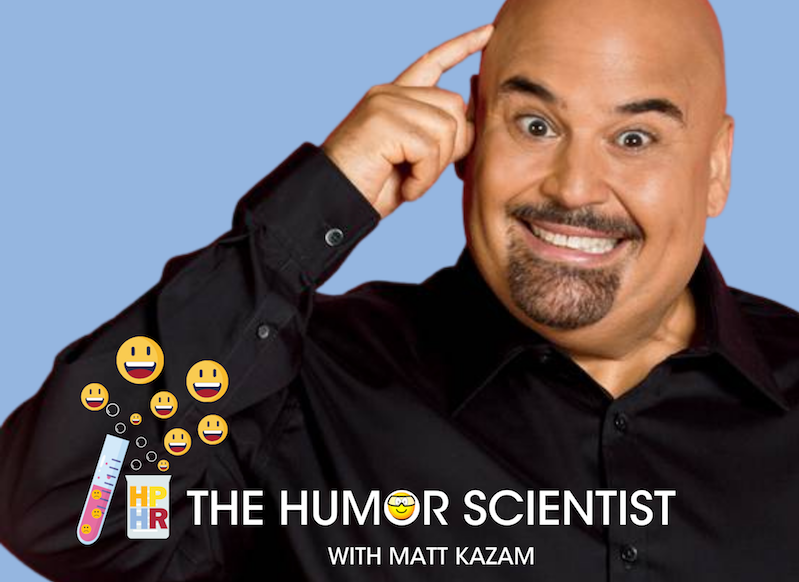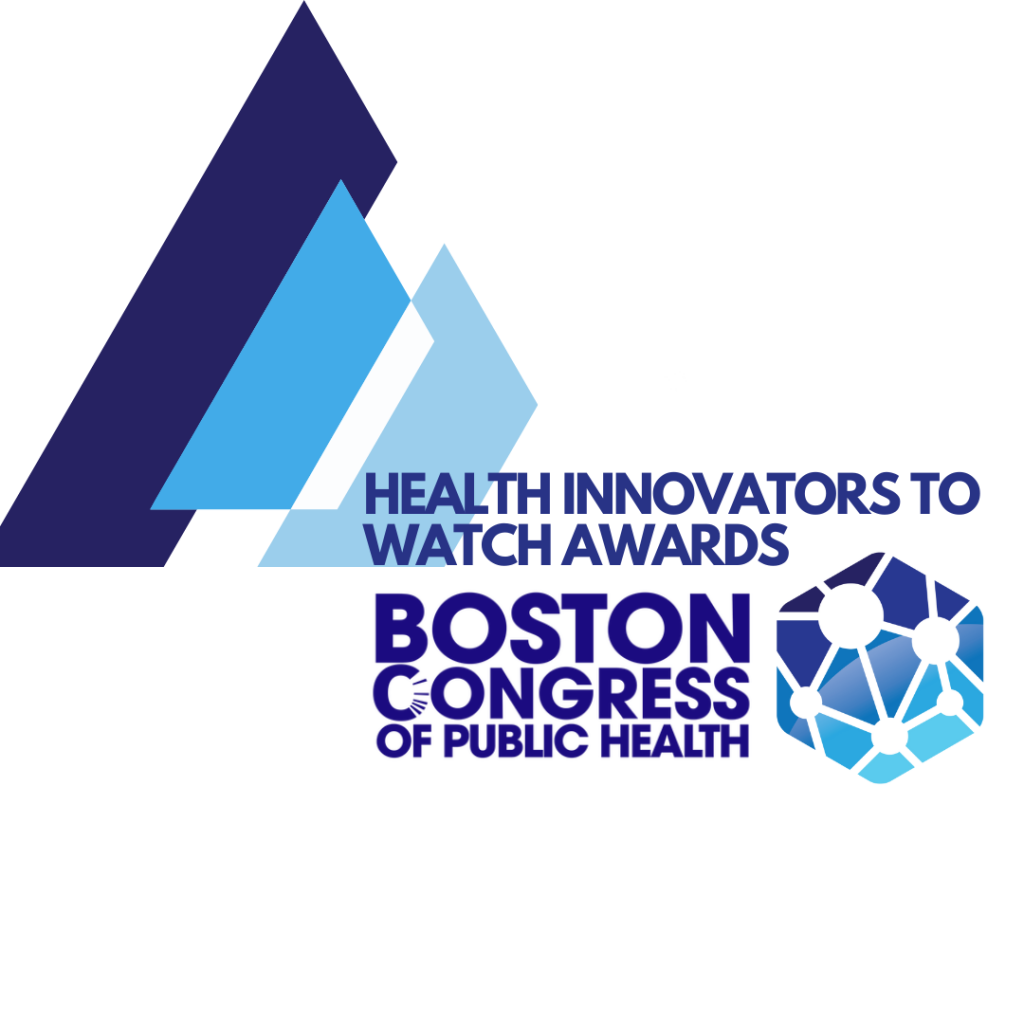
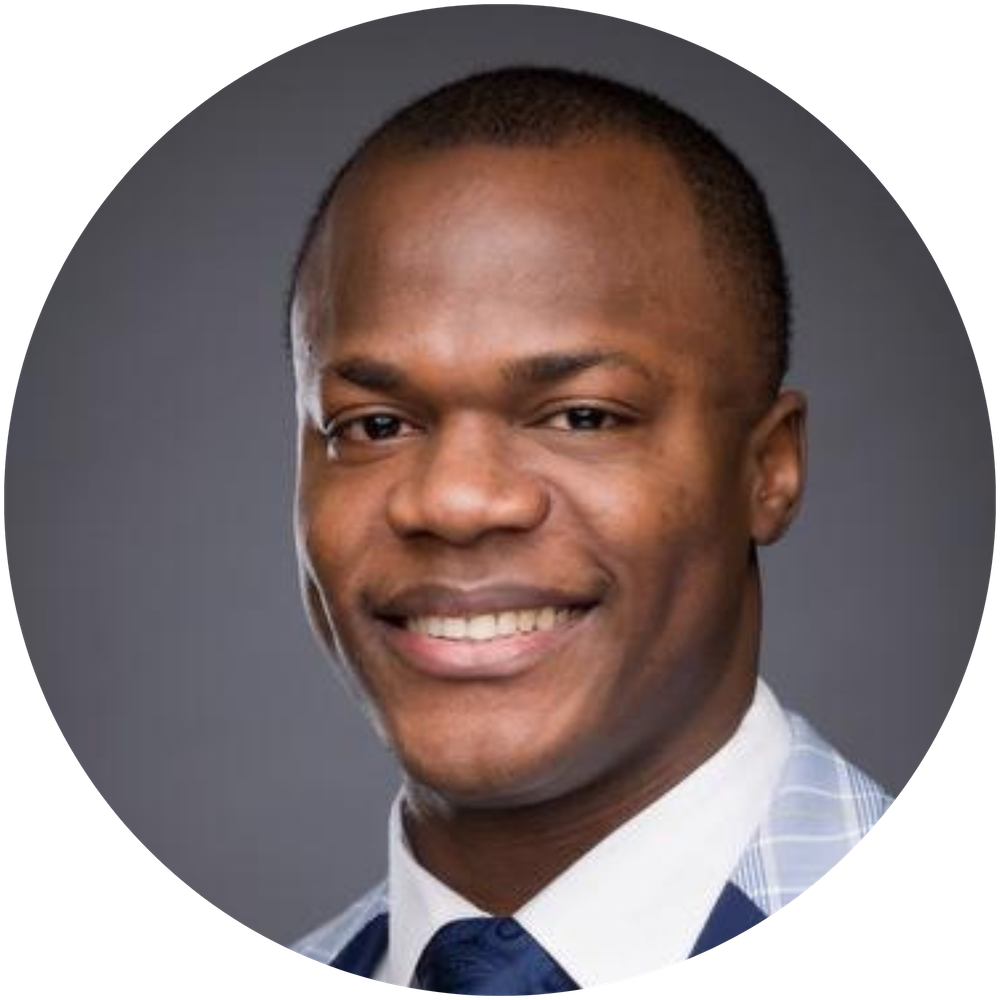
Tshibambe Nathanael Tshimbombu (TNT) grew up in the Democratic Republic of Congo (DRC), leaving for undergraduate and medical training in the United States (U.S.) amid political unrest. In the DRC, he attended College La Fontaine where he graduated valedictorian with a degree in Latin and philosophy, then enrolled in Lovanium School of Medicine but withdrew in his third year – due to political unrest. In the U.S., he attended Georgia Perimeter College (GPC), where he obtained an Associate of Science in chemistry. At GPC, TNT was an honors student and won multiple academic awards including the college’s most prestigious President’s Award. He then went on to receive a bachelor’s in psychology at Dartmouth, and a business certification from the Tuck School of Business at Dartmouth, and currently, he is a fourth-year medical student at Dartmouth Geisel School of Medicine.
TNT is a certified human rights consultant who is dedicated to global health. He has been aggrieved by the healthcare disparities he has seen first-hand in his home country and has worked diligently and passionately to establish health equity through his work. He has established a philanthropic and medical enterprise serving people in need—Bonsomi (www.bonsomi.org). Through Bonsomi, TNT has leveraged philanthropy to help over 50,000 underserved African individuals, mainly women and children, receive medical care at no cost. He has taken on critical medical issues, including those stemming from lack of medical insurance, mistreatment, rape, and deadly pandemics. His compassion for those in need has always been his priority; he remains dedicated to advocacy and service to foster a vibrant, healthy, and prosperous Africa.
In recognition of his work, TNT won the 2019 DRC KinMalebo award for the best role model for Congolese youth in healthcare, which honored his devotion, diligence, genuineness, objectivity in healthcare, and his proven contribution to the well-being of the Congolese society. In 2020, he was a nominee for 2020 Forbes 30 under 30 in Healthcare and Entrepreneurship. In 2021, he became the recipient of the Ambassador of Social and Development award, which honored his track record of assisting the underserved community in the DRC via philanthropy. TNT has shown a selfless leadership character that has molded him into a highly effective leader with a powerful long-range vision who is making a difference in innumerable lives by targeting the reduction of health disparities.
Personal Statement
A study published in the American Journal of Public Health revealed that 1,152 Congolese females are raped every day, 65% of whom are minors. Some survivors become pregnant and/or contract sexually transmitted diseases like HIV/AIDS, adding more health problems on top of other maternal health concerns. Unfortunately, due to a variety of reasons, including but not limited to financial hurdles, they lack access to adequate healthcare. For this reason, some families rely on inefficient traditional medicines, which usually end up causing more issues in women’s health due to lack of supervision and regulation of herbal medicines. In several reported cases, survivors succumb to herbal medicines leaving behind orphans who end up on the streets to survive on their own. Those who are fortunate get placed in orphanages; however, over the years, even orphanages became unable to care for a large group of orphans due to financial constraints. Thus, the lack of shelter and access to healthcare have constituted a death sentence for orphans.
Being a native of the Democratic Republic of Congo (DRC), this heart-rending reality prompted me to advocate for this vulnerable population and promote health equity. Unfortunately, I was forced to leave my country due to the political crisis that ensued from the lack of sustained democracy, and I immigrated to the United States (U.S.). I arrived in a new country with no credentials and no knowledge of English, which was to become my fifth language. My initial quest to enroll in an Atlanta community college was denied because I did not speak a word of English. I had joined a church community and soon my pastor learned about my struggles – parking my car at church one day, he welcomed me to his home. I then picked up two hard manual jobs. I worked long hours to pay for English lessons and save for college. I spent four months learning English and re-applied, eventually receiving acceptance to Georgia Perimeter College, and later transferring to Dartmouth College. After having successfully completed my undergraduate degree and business certification, I remained at Dartmouth for medical school.
Despite my unplanned departure from the DRC, I was always aggrieved by the healthcare disparities and felt unsatisfied with simply becoming a physician. I wanted to do something about the problem as soon as I could. Thus, I started a non-profit called “Bonsomi”, a Lingala word for freedom, to emphasize that healthcare should be free and not a privilege for low-income families. The goal of Bonsomi leverages philanthropy to improve access to healthcare for low-income families, particularly women, and children in the DRC, via awareness, adjustment, financial assistance, alignment, and advocacy. Additionally, Bonsomi addresses social determinants of health impacting health outcomes to reduce longstanding health inequities within African communities.
To date, via Bonsomi, I have designed, directed activities and advocated for—as well as served—women, children, and individuals who have been marginalized or stigmatized and, therefore, have targeted the reduction of health disparities. Some of the activities include but are not limited to:
Though great need still exists, I have worked selflessly, diligently, and passionately to facilitate access to healthcare for over 50,000 low incomes families in Africa. Even though I experienced the hardships of poverty and a dearth of opportunities, I strived, learned, and grew even stronger, and so did my determination to reduce health disparities and ensure that healthcare is readily available and accessible to those who cannot afford it.
Honorees selected for the Health Innovators to Watch Awards come from across the globe, representing health and healthcare innovation in traditional public health fields, research, academia, architecture, and more. In addition, innovators are intentionally diverse in backgrounds, from public health founders and co-founders, inventors, national and international leaders, directors, researchers, academicians, and curriculum developers
